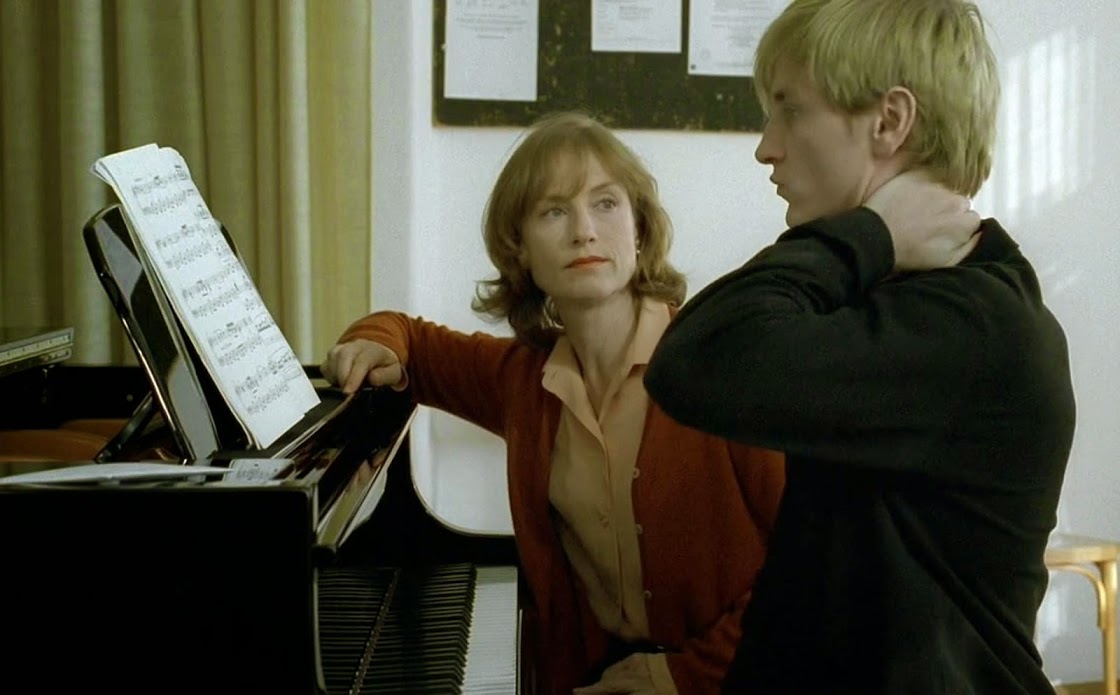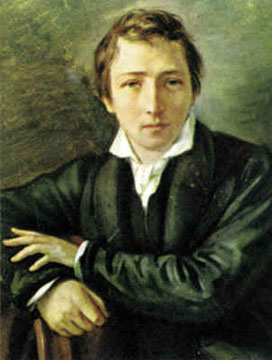Denkwürdigkeiten eines Antisemiten
 Saturday, February 14, 2015 at 16:37
Saturday, February 14, 2015 at 16:37 This novel's title was chosen, one may suppose, for its shock marketing value, a gimmick that has repeatedly forced reviewers to justify its inclusion to unknowing readers ("It's ironic"; "Of course, this is the opposite of the truth"; "This is not the memoir of an old Nazi," etcetera). Our climate of political correctness values non-offensiveness over precision – which is another way of saying if you don't really think we were all created equal you had better try and pretend – and we are now unable to criticize anyone with any regularity except white Christian men, that universally acknowledged most fortunate of demographic segments. The matter is ridiculous and exploitable, although quite natural in our development as we globalize, level out, and forget that inequalities can promote cooperation as much as envy. An admirable principle that flickers throughout the life of Arnulf, our narrator.

The novel itself is broken into five easy pieces, all of which can and should stand alone. Apart, they incorporate the changing perspective of one man; together they ache for company and commitment, both of which they do not deserve. Arnulf, who resembles our author in many ways, will begin and end his story with Russian words, perhaps because he secretly believes Russia and Marxism to be the downfall of his childhood home and memories (even the second chapter, Youth, echoes this Russian author's early work). While the final chapter, Pravda, needs little introduction or translation, the first word and chapter, Skuchno, can suggest both boredom and yearning – that is to say, a feeling of not being where one would like to be. From the very beginning, then, Arnulf, who does not give us his first name until the fourth chapter, Troth, feels horribly out of place:
We are all of mixed blood, we Austrians, especially we so-called German Austrians: children of an imperium of diverse peoples, races, religions. If, that legendary imperium having disappeared, we did not still, comically enough, feel Austrian, then we would have to own up to being American ... but we lack the political insight for that. Such is life, alas; thinking is often replaced by moods. They are more durable, they are livelier in withstanding time, and, in fact, the more irrational they are, the better.
Like von Rezzori, Arnulf is of Italian stock but born in Bukowina as the Great War destroys old Austria, an empire that claims to be an heir to Charlemagne. These fantastic circumstances not only make Arnulf a redoubtable polyglot, they also strip him to a certain extent of what all of us need at one point or another, a sense of home. Such moments are easier to abide when one has been raised in a multilingual and multicultural setting, and when travel and movement are as commonplace and tried as one's morning ablutions, the obvious parallel being those with no homeland in particular. Two such nations wandered about Europe in larger numbers up through the 1930s, the Roma people and, of course, the sons and daughters of Abraham.
Sooner or later – be in a neighbor, a love interest, a rival, or an employer – Arnulf will discover the rich Jewish life that varnished Europe until the evil of the Second World War. He will belittle it, despise it, and enjoy it; but most of all he will quote his own relatives' hatred rather than come up with reasons of his own to feel animosity to these outsiders:
The specifically Jewish quality in Jews had never repelled me so much as the attempt – doomed from the start – to hush it up, cover it over, deny it. The yiddling of the Jews, their jittery gesticulation, their disharmony, the incessant alternation of obsequiousness and presumptuousness, were inescapable and inalienable attributes of their Jewishness. If they acted as one expected them to act, so that one could recognize them at first glance, one was rather pleasantly touched. They were true to themselves – that was estimable. One related to Jews in the same way as an Englishman to foreigners: one assumed they would not act like us. If they did so nevertheless, it made them look suspicious.
A casual reader may protest the irony of the title, but those who actually finish the novel will be handed a plausible explanation for its use. As layer upon layer is peeled off Arnulf's fantastically rich life, we come to see the designation as that of an opponent in the literal sense of the word. Arnulf's clean-cut Anglo looks, mastery of several languages, sophistication, and inherent restraint allow him to pass for a citizen of any European country ("the biography of a model White European"), including a Jew. As it were, a shallow mind might think Arnulf's cosmopolitan meanderings mimic all too closely the stereotypical restlessness of the constantly displaced Hebrew, making the novel an exercise in self-loathing, but again this approach should be discouraged. We never get anything about his survival of the war because his life was in no danger, nor did he take an active role in combating the forces that wasted a generation. He existed as he always had – for himself and his artistic whims.
I have said little of the plot because the plot, like the dull and darned topicality it wends itself around, is a flimsy clothesline for Arnulf's artistic observations. His peripatetic antics will not strike anyone as particular original or even wise, but their context, and the cultures negotiated for them to take place as they did, are quite remarkable and, with the possible exception of this writer's work, unparalleled in German letters. We can appreciate the novel for exactly these details. A Romantic encounter unfolds as, "behind us the city pinned lights all over itself," while another tryst is stymied as "all the myths of vigorous malehood surrounded me like totem poles." Arnulf has many things on his mind as a young man, and they usually devolve into some need for female attention. As such, the Jews we encounter are purposive in their roles: a prodigy pianist; a lonely thirty-something shop owner; a family of innkeepers and a curious Ladino-speaking guest (another tip of the hat to Canetti); a drunkard with a lame hip resulting from unhappy love and her aforementioned addiction; and then Arnulf's second wife, who hates him for one thing above all:
Already the previous, East Prussian wife had soon discerned his habit of incorporating other people's memories into his own when they were suitable and colorful enough; but she had held her tongue, just as she had held her tongue about everything, especially about her contempt for him; for she had loved him and been disappointed; and to avoid sharing the guilt of this disappointment, she had to keep his defects in mind. But the second, Jewish wife .... his Jewish wife attacked him from the very start for his heedless outlook on biographical property, and she was so rabid about it that he was offended ... He could not understand the vehemence with which she championed authenticity, documentary truth for every autobiographical detail ("Even at the expense of vividness?" he had once asked her ironically, and she had answered like a fanatic, "Yes! Yes! Yes!").
Then again, maybe the best method to breathe eternal life into old stories is to make them your own. Even if many of the stories belonged to members of a decimated people who have since forsaken Europe and its hidden hates? Yes, yes, yes, indeed.





